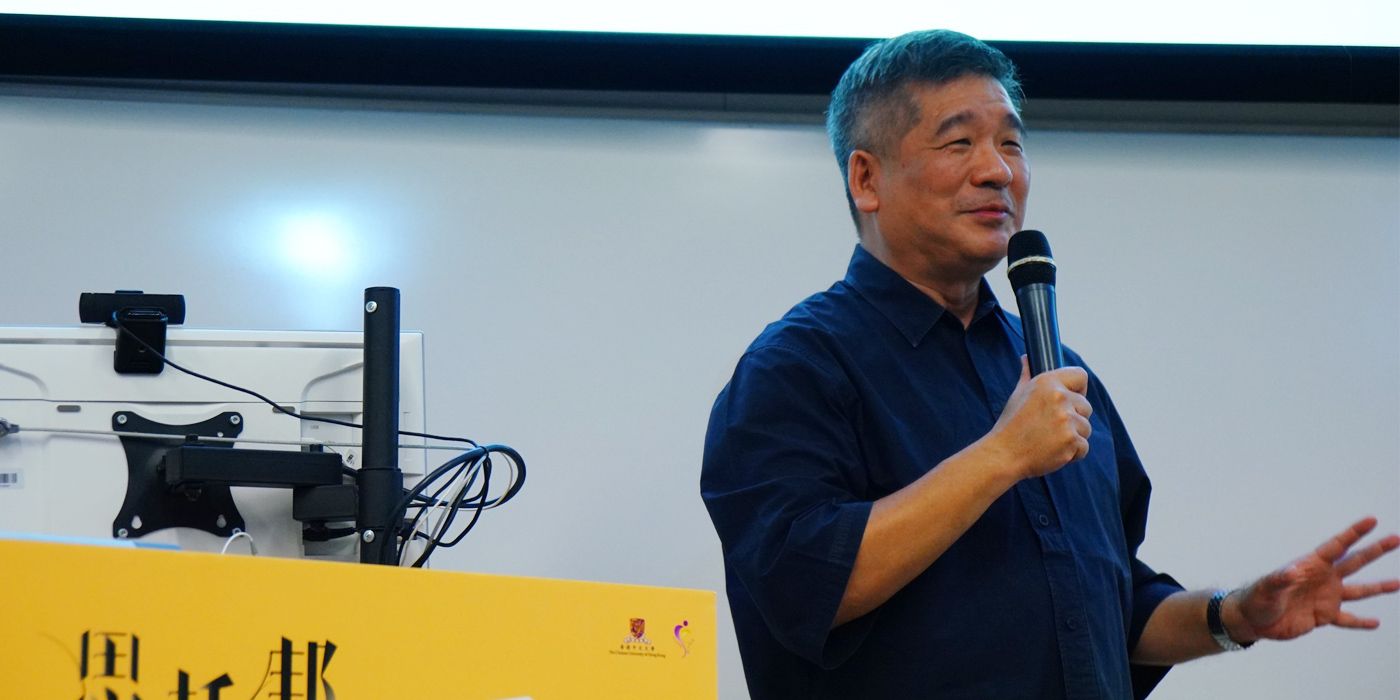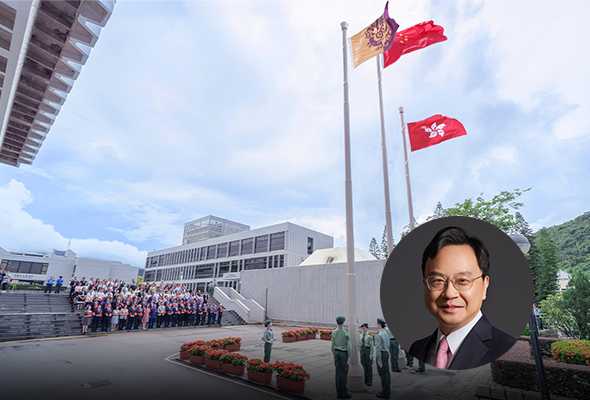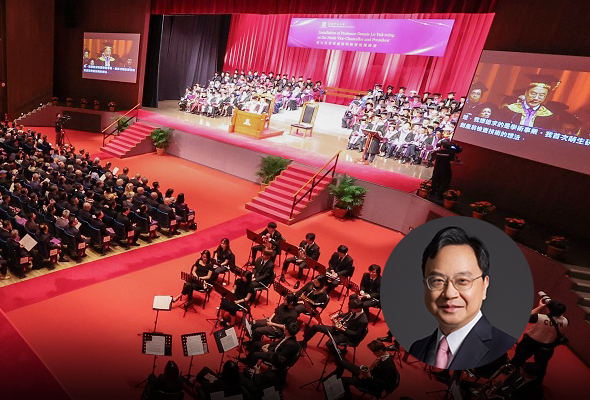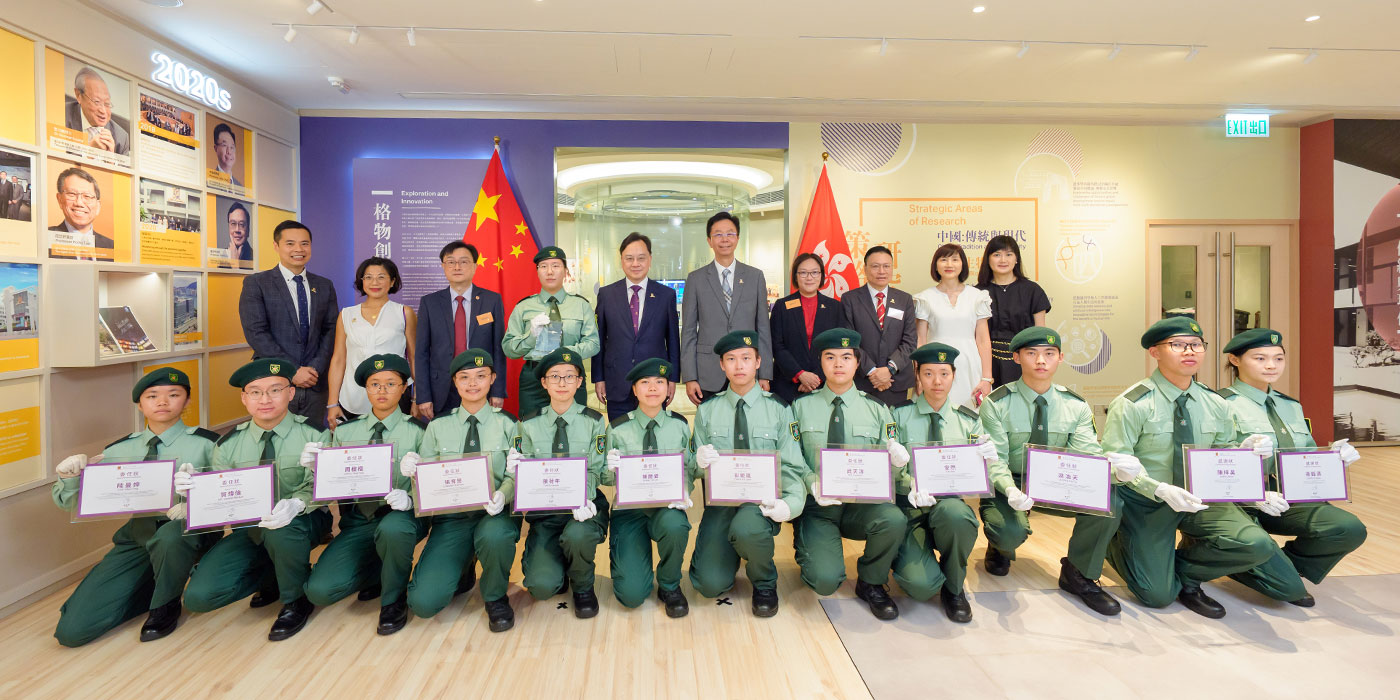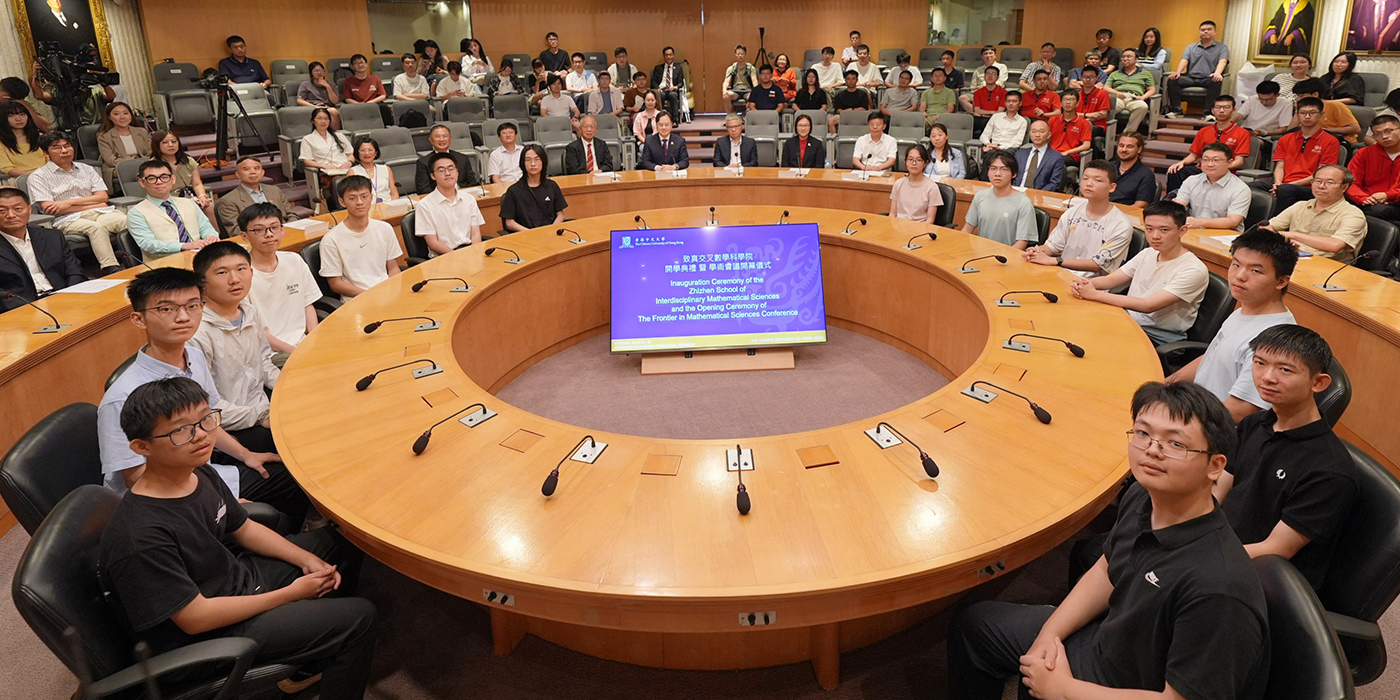The hope of poverty eradication
On 18 April, Professor Wong Hung from the Department of Social Work shared his thoughts on his three-decade-long works on poverty eradication at the last session of I·CARE Salon this semester, an iconic programme under the University Lecture on Civility.
He graduated from CUHK’s Department of Social Work and has been involved in work related to poverty eradication for many years. He held positions such as Vice Chairperson of Oxfam Hong Kong, Chairperson of Committee on Social Security and Employment Policy of Hong Kong Council of Social Service, and Chairperson of Hong Kong UNISON.
His research areas include poverty, deprivation and social exclusion, social security, labour policy and social policy, community economic development and social innovation, homeless people and marginalised communities, among others. In 2018, with the support of the Sustainable Knowledge Transfer Project Fund (S-KPF) at CUHK, he established the Good Impact Assessment Institute to provide social impact assessment and project evaluation research services for social enterprises and non-governmental organisations.
The lens that enables him to understand the grassroots
Approximately 300 audience attended the event. “My father worked as a truck driver. My mother was a school janitor, he said. Coming from a humble background, Professor Wong understands the plight of the grassroots. His initial intention in poverty studies is to pursue social justice. Speaking on the topic of “The Hope of Poverty Eradication—Research on Poverty of Hong Kong in 30 years”, Professor Wong emphasised that “striving for and upholding social justice is a fundamental value. We should change unjust systems to achieve a more equal distribution of social resources and power. Poverty is unjust. Not only should we alleviate it, but also eradicate it.”
The video On the road of poverty eradication tells the story of Professor Wong’s research efforts to promote the development of public policy. He advocates the government to allocate resources to create more social capital, with the hope of eradicating poverty in society. (Source: Faculty of Social Science)
Professor Wong conducts long-term research on the poverty and social exclusion of the working poor. The data collected has prompted the Hong Kong government to launch the Low-income Working Family Allowance (LIFA) Scheme in 2016, significantly improving the quality of life for 143,700 working poor individuals in Hong Kong. Through evaluating the impact of the LIFA scheme and making recommendations for a minimum living wage, he has further enhanced the lives of the working poor population.
He admits that advocating for social policy improvement in Hong Kong is highly challenging. Often, only one or two out of ten proposed initiatives are successful, such as achieving a statutory minimum wage, while universal retirement protection remains elusive. “Since the elderly and vulnerable grassroots citizens have been unwavering in expressing their needs, I shall persist too,” he said.
Engaging in social practice beyond the ivory tower
He believes that fieldwork practice, including direct dialogue with grassroots families to understand their needs, is crucial for advocating initiatives that reflect their needs. “One must be present on-site, have a genuine understanding and empathy for society to comprehend the issues at hand, and conduct research that is rooted in the community to propose feasible solutions.” An example of this is the Hong Kong Anti-Bed Bug Research Action Group formed by Professor Wong and members from various departments at CUHK in 2019.
Bed bugs are a common problem for low-income households in Hong Kong. In 2019, the action group collected online questionnaires to investigate common blood-sucking parasites in homes and their impact. The results indicated that nearly 30% of respondents across Hong Kong were troubled by bed bugs. Bed bugs cause allergic reactions, distress, insomnia, itching, and financial burdens. Through experiments, the action group discovered that fungi are the natural enemies of bed bugs and can eliminate them within a week. The team is currently exploring the use of fungi to control flea infestations.
He vividly mentioned an incident when he and several volunteers helped an elderly man living alone in a subdivided flat to eradicate bed bugs. He recalled, “When we lifted the bedsheet, we found bed bugs everywhere. There were over 500 bed bugs in the entire unit. In the end, we thoroughly cleaned the home for the elderly man, almost discarding all the belongings, including dismantling the bed. It took us three days of hard work to provide the man with a dignified living space.”
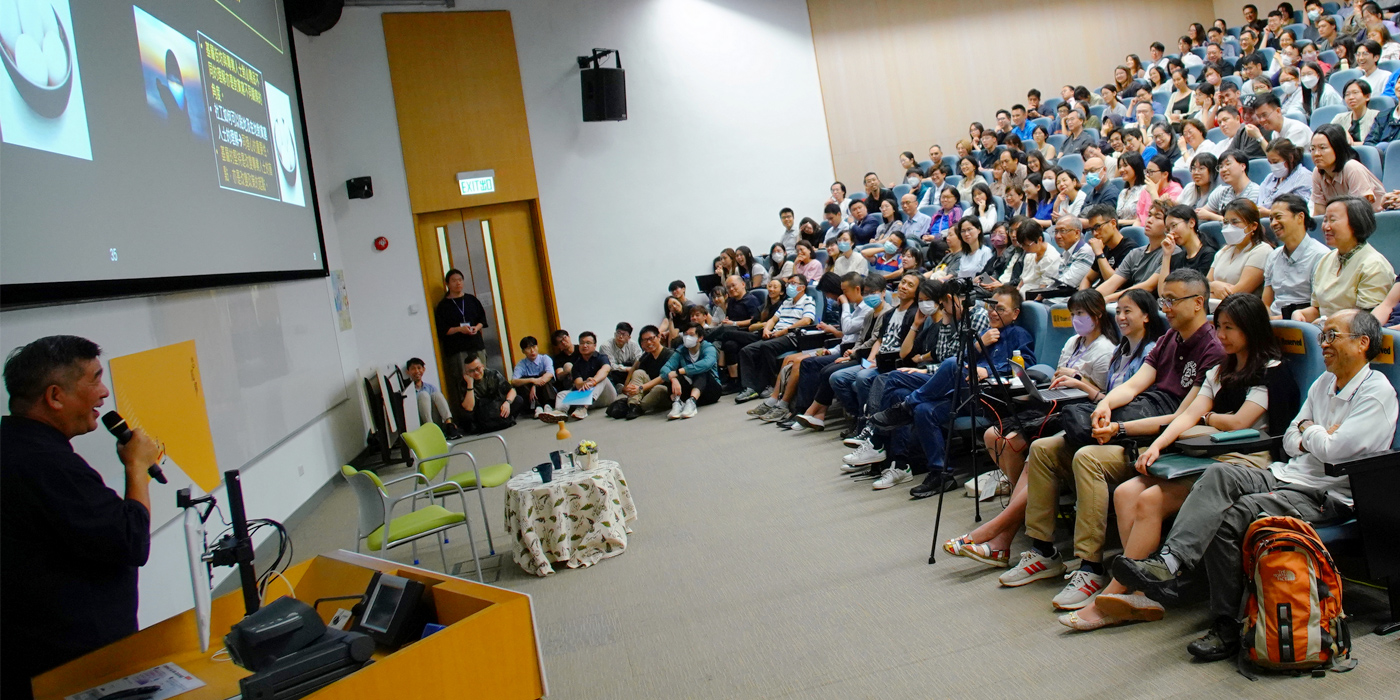
By Jenny Lau

